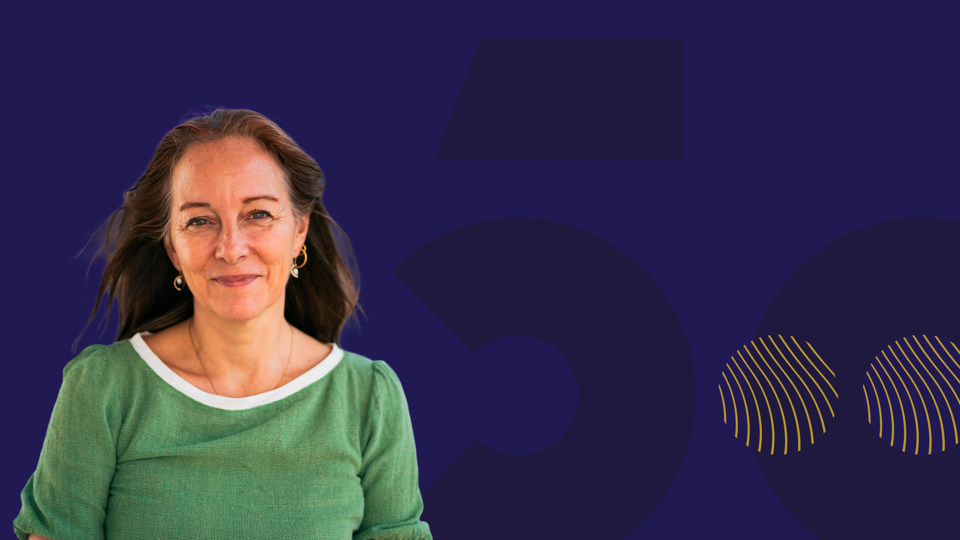The role of universities is changing
Noemi Katznelson finds that general attitudes toward the role universities should play in society is changing. So is the perception of what useful research is.
"At the Centre for Youth Research we have always conducted what I would call world-oriented research, and I remember sitting in meetings with management at other universities who viewed my and our type of research as prostituting ourselves. At that time, good, proper research was research that did not have an immediate application," she says.
The professor believes that the centre has had time on its side, because today many are interested in the way the Centre for Youth Research collaborates with the outside world. Both within and outside academia.
Maintain the breadth of AAU
Noemi Katznelson hopes for AAU that the university will be able to keep up with the times and remain relevant – even in 50 years' time.
"My hope is that in the future we will be a university that is a relevant partner in the great division of labour that exists in society. And that we are in all scientific main areas," says Noemi Katznelson.
The business community is crying out for more STEM graduates, and politicians also have many opinions on what universities should prioritize. Therefore, her worst-case scenario is that AAU choose the narrow path and ends up reduced to a highly application-oriented, but primarily natural sciences and technical university.
"With the development we’re seeing, I believe a major task for the university is finding out how we avoid the social sciences and humanities simply being reduced to attributes or 'supporters' of a strong engineering university," says Noemi Katznelson.
She believes that the university must continue to strengthen its already very strong position as a university, but that we must be ambitious in all areas.
"If we are to be a driving force and a leader in Social Sciences and Humanities, then we need to prioritize this – not least in times of societal pressure. And the pendulum will swing – social science and humanities knowledge will once again experience increased demand, and then we must be there and get strong knowledge environments going," she states.
